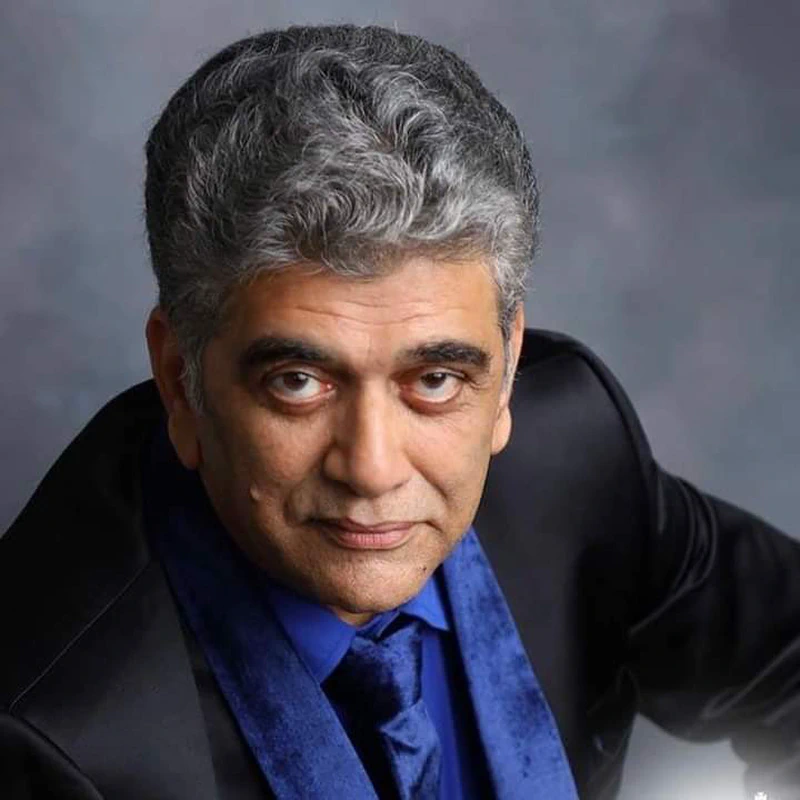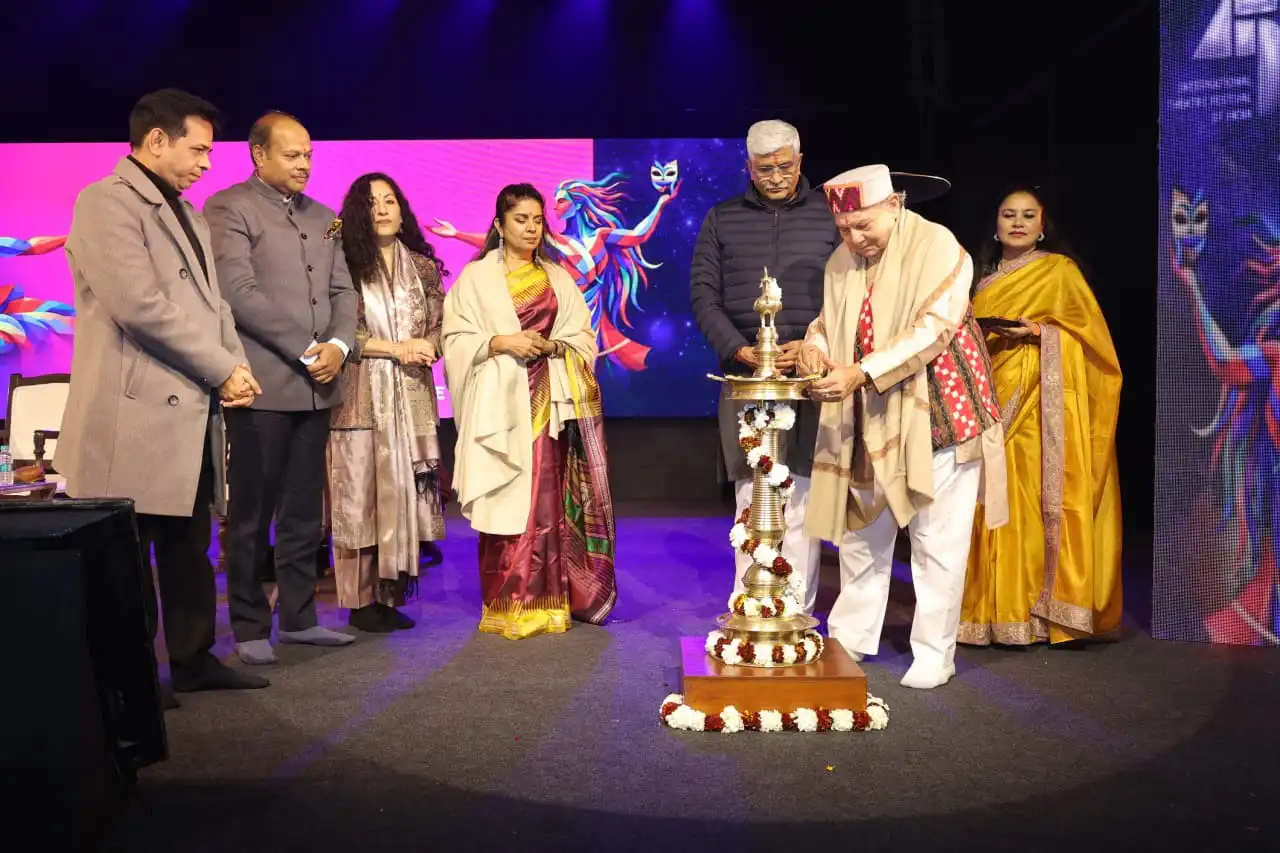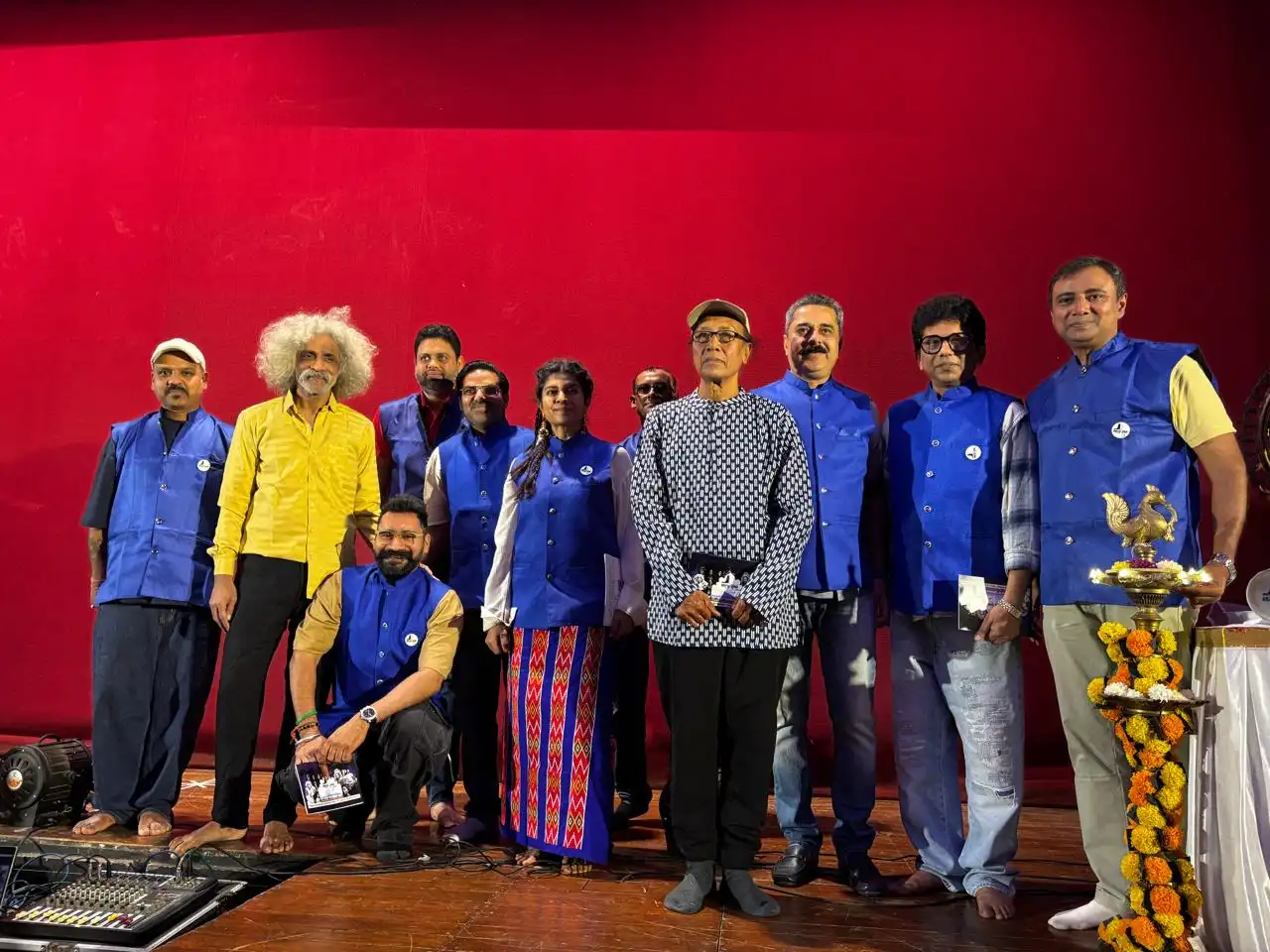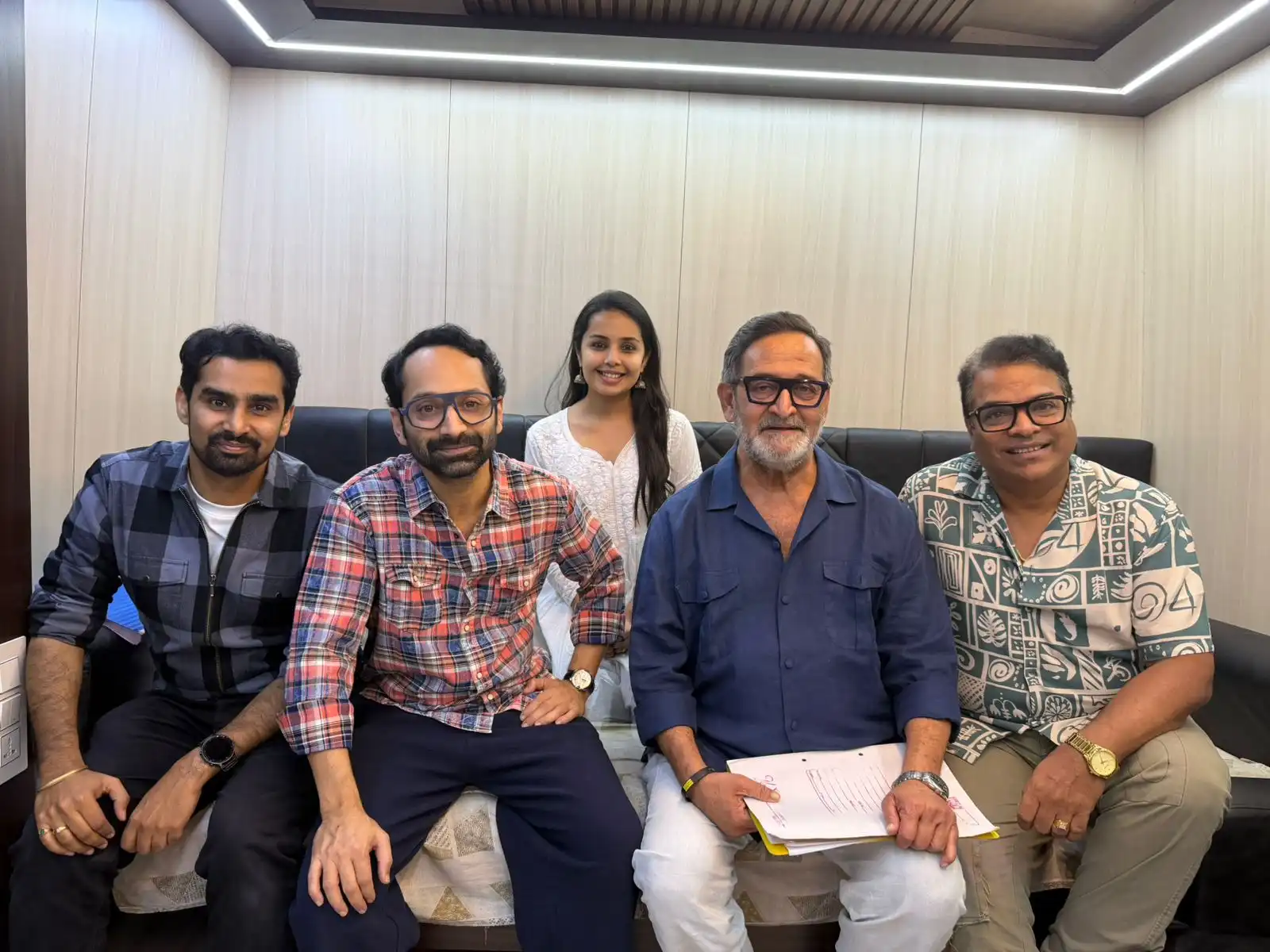Dr Girish Oak, currently portraying Devdutt Kamat in the play 38 Krushna Villa, directed by Vijay Kenkre and written by Shweta Pendse, shares insights into his approach to acting and the distinctive features of theatre. In an exclusive conversation with culturecrossroads.ca, Dr Oak delves into the nuances of character portrayal and the unique dynamics of theatrical performance. Scheduled for February 11 at Bal Gandharva Rang Mandir, Pune, the play promises an engaging exploration of legal turmoil and human resilience
Excerpts
As a veteran actor, how do you approach the complexities of the character?
My approach to portraying complex characters in theatre is deeply rooted in honoring the writer’s vision. I meticulously follow the script, allowing the writer’s words to guide my interpretation. Simultaneously, I welcome the director’s input, shaping my portrayal to align with their vision. It’s a collaborative process where various elements, such as music, lighting, props, and costumes, converge to enhance the character’s depth.Once I delve into a role, I often humorously remark, “Bhau sapadla,” signifying the initial immersion. However, the journey doesn’t end there. Each character presents its own set of complexities, requiring continuous exploration and refinement. Theatre demands a heightened sense of awareness and presence on stage. Despite its make-believe nature, the live setting necessitates attentiveness and adaptability, making each performance a unique and enriching experience.
What do you find most rewarding about performing in a play?
Theatre’s experimental nature distinguishes it from other mediums. It is an actor’s medium as opposed to film and television which are a director’s medium. Theatre gives you the ability to do the same thing again and again, with different approaches. You have the liberty and scope to improve your performances with every show. You get to experiment and fine tune your work as you go. Another factor, I really enjoy is the live feedback. I joke, if you say a line well you get a clap but if you don’t, you get a slipper flung at you (laughs). That’s the beauty of theatre, it’s all there right in front of you. As an actor, that’s what draws you towards it.
Working alongside Shweta Pendse, who not only wrote the play but also performs the lead role, how did this dynamic impact the overall creative process?
Collaborating with Shweta, both as a writer and co-star, streamlined our creative process. Unlike previous experiences, where queries were relayed through the director to the playwright, having Shweta present facilitated quick resolutions. Her thorough understanding of the script, coupled with her acting prowess, enriched our performances and simplified the creative exchange.

The play involves a legal challenge for the character Devdutt Kamat. Did you have to delve into legal aspects to portray this role convincingly?
While understanding the character’s background is essential, most of the groundwork stems from the script and directorial guidance. With familiar archetypes, extensive legal research wasn’t necessary, as the focus remains on character portrayal within the play’s context.
What aspects of the theatre do you find most fulfilling compared to other mediums like television or film?
In terms of fulfillment, I see theatre as embodying life itself. It’s immediate, present, and entirely immersive. Unlike television or film, where performances are captured and broadcasted, theatre demands a real-time connection with the audience. You can’t simply walk away from a live performance; you’re fully engaged in the moment. Physically, being on stage requires absolute presence and commitment from an actor. Television, while convenient and ubiquitous, often lacks the immediacy and intimacy of theatre. It’s easily accessible through various platforms, including smartphones and apps, but it’s not quite the same as experiencing a live performance. Television excels in broadcasting events globally in real-time, offering a sense of immediacy similar to theatre. On the other hand, films provide a larger-than-life canvas for storytelling. They transcend boundaries of place, time, and space, allowing for grand spectacles and epic narratives. While each medium has its unique appeal, I appreciate and enjoy the distinct experiences they offer.





